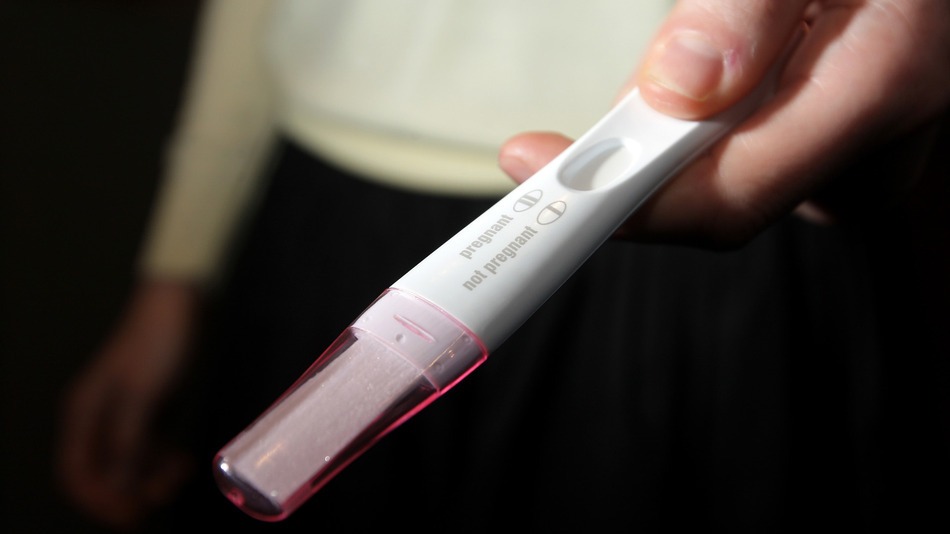Many anti-abortion activists have based their ideas in the belief that women who have abortions suffer from negative psychological effects and come to regret their decisions.
However, according to a recent study from the University of California, San Francisco, 95% of women who have had an abortion report that they believe doing so was the right decision for them.
The study, published in the academic journal PLOS ONE, surveyed 667 women over the course of three years. The women had an average age of 25 at the start of the study, one-third were white, one-third were black, 21% were Latina and 13% were other races. The women studied were seeking abortions at 30 different facilities throughout the U.S., and were divided into two groups: one with women who had abortions in their first-trimester, and one "near-limits" group with women who had abortions within two weeks of their state's gestational age limit for the fetus.
The study evaluated the women's emotional state for three years following their abortions through semi-annual phone surveys that were conducted every six months after their abortions.
The results showed that while 53% of participants felt that the decision to get an abortion ranged from being "difficult" to "very difficult," an overwhelming 95% of women did not regret their decisions.
The women reported positive emotions regarding their abortions, most notably, with "relief" as a predominant emotion.
The results were unchanged when compared between women who had first-trimester abortions and women who had abortions later on in pregnancy. In fact, the likelihood that the women would report confidence in their decision remained at a rate of over 99% at all time points over the three years.
What did encourage negative emotions in the participants, however, were external factors such as the man involved in pregnancy, and social stigma placed on abortion. In fact, women who reported that the man involved in pregnancy was not involved in deciding on abortion had greater feelings of decision rightness than women whose partners did not agree with their abortion or were unsure of whether they wanted to terminate pregnancy.
Social stigma, on the other hand, was conducive to more negative emotions on the whole. While those with support from those around them reported higher rates of positive emotions, perceived community stigma and lower social support were associated with negative feelings.
The intensity of emotions, positive or negative, as well as the frequency with which the women thought about their abortions, decreased steadily over time.
The study, then, contrasts the idea that women are left emotionally traumatized following their abortions, and also contradicts the belief that the later in pregnancy an abortion is performed, the more emotionally harmful it is for women.
The commonly-held belief in emotional trauma resulting from abortions has even caused pro-life activists to coin the term "post-abortion syndrome" to describe mental health issues developing from abortion. Partly resulting from that is the law in seven states that requires a woman to go through counseling about the negative psychological effects of abortion before they can actually undergo the procedure.
The study does acknowledge a possible selection bias, where the women who were comfortable enough to be interviewed could already have been more secure in their decision, thus elevating the levels of positive emotion reported. However, researchers claim that they worked towards generalizability by recruiting participants from diverse geographic locations and using a relatively large sample size.
Fuente: mashable.com
